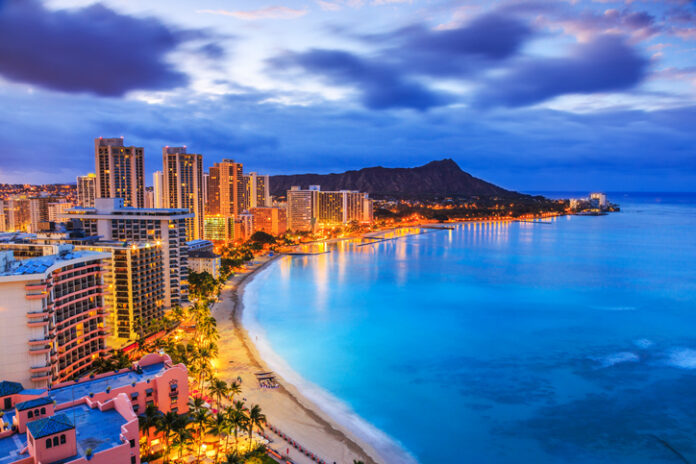United States District Judge Susan Oki Mollway has ruled Maui County, Hawaii, needs a 1972 Clean Water Act National Pollutant Discharge Elimination System (NPDES) permit for its groundwater discharge of treated water from its wastewater treatment facility.
Since 2006, Maui has injected treated wastewater into underground wells at the county’s Lahaina Wastewater Reclamation Facility.
The wastewater indirectly flows into the Pacific Ocean through permeable rock as it mixes with groundwater.
Hawaii Wildlife Fund, Sierra Club, Surfrider Foundation, and other environmental groups sued to require Maui to stop its wastewater injection. They argued these indirect discharges were the functional equivalent of direct discharges into the ocean, which studies indicate may promote algae growth killing coral reefs and other marine life.
In the 2020 case, County of Maui, Hawaii v. Hawaii Wildlife Fund et al., the Supreme Court ruled a NPDES permit “is required when there is a discharge from a point source directly into navigable waters or when there is the functional equivalent of a direct discharge.”
In her July 15 district court decision Oki Mollway ruled Maui’s discharges were functionally equivalent to direct discharges, and thus require a NPDES permit.
Troubling Ruling
Maui’s wastewater discharges are not damaging the ocean, said Maui Mayor Michael Victorino, in statement.
“The Lahaina facility, which was the subject of this lawsuit, treats incoming wastewater to R1 quality, the highest quality in the state,” said. Victorino. “This recycled water is used for irrigation, with the excess disposed of into deep wells.
“A troubling aspect to this ruling is the potential impact to the County’s recycled water program,” Victorino said.
Ignores Treated Water Quality
The District Court failed to address the eighth factor enumerated by the U.S. Environmental Protection Agency following the Supreme Court’s Maui decision, which takes into account the design and performance of the system or facility from which a pollutant is released, said Bonner Cohen, Ph.D., a senior fellow at the National Center for Public Policy Research.
“By ignoring the critical distinction between treated and untreated wastewater, the ruling makes a mockery of sensible environmental standards,” Cohen said. “Safe discharge of properly treated wastewater is a common practice posing no threat to groundwater.
“Requiring permits for the discharge of treated wastewater will delay disposal and drive up costs to cash-strapped water utilities that will simply pass those costs on to consumers,” said Cohen. “By turning a blind eye to EPA’s own guidance memorandum issued after the Supreme Court’s 2020 ruling, the judge has given affected parties a legal opening they should pursue, and because of the cost involved in managing wastewater treatment in the light of the court’s ruling, local governments will have little choice but to appeal the judge’s unfortunate ruling.”
Kevin Stone (kevin.s.stone@gmail.com) writes from Arlington, Texas.


























